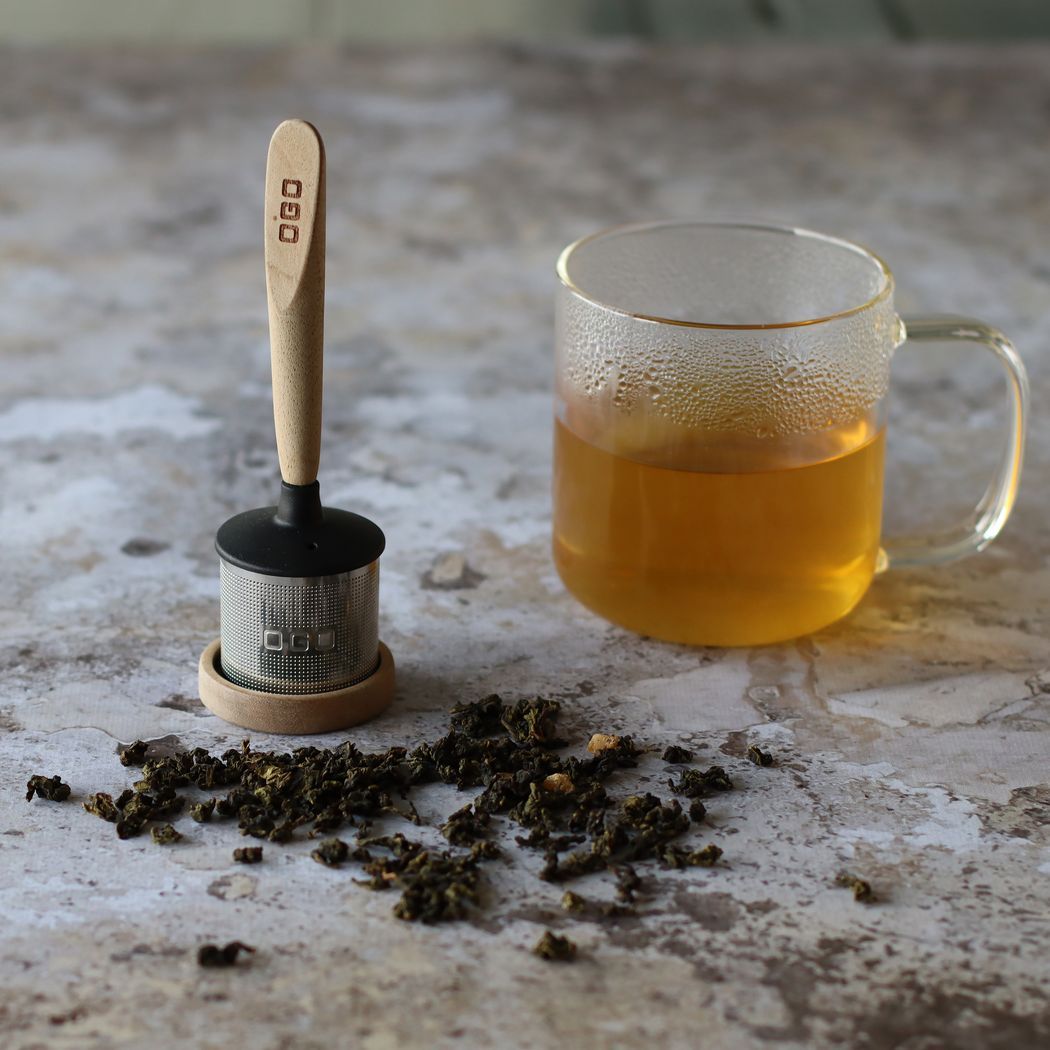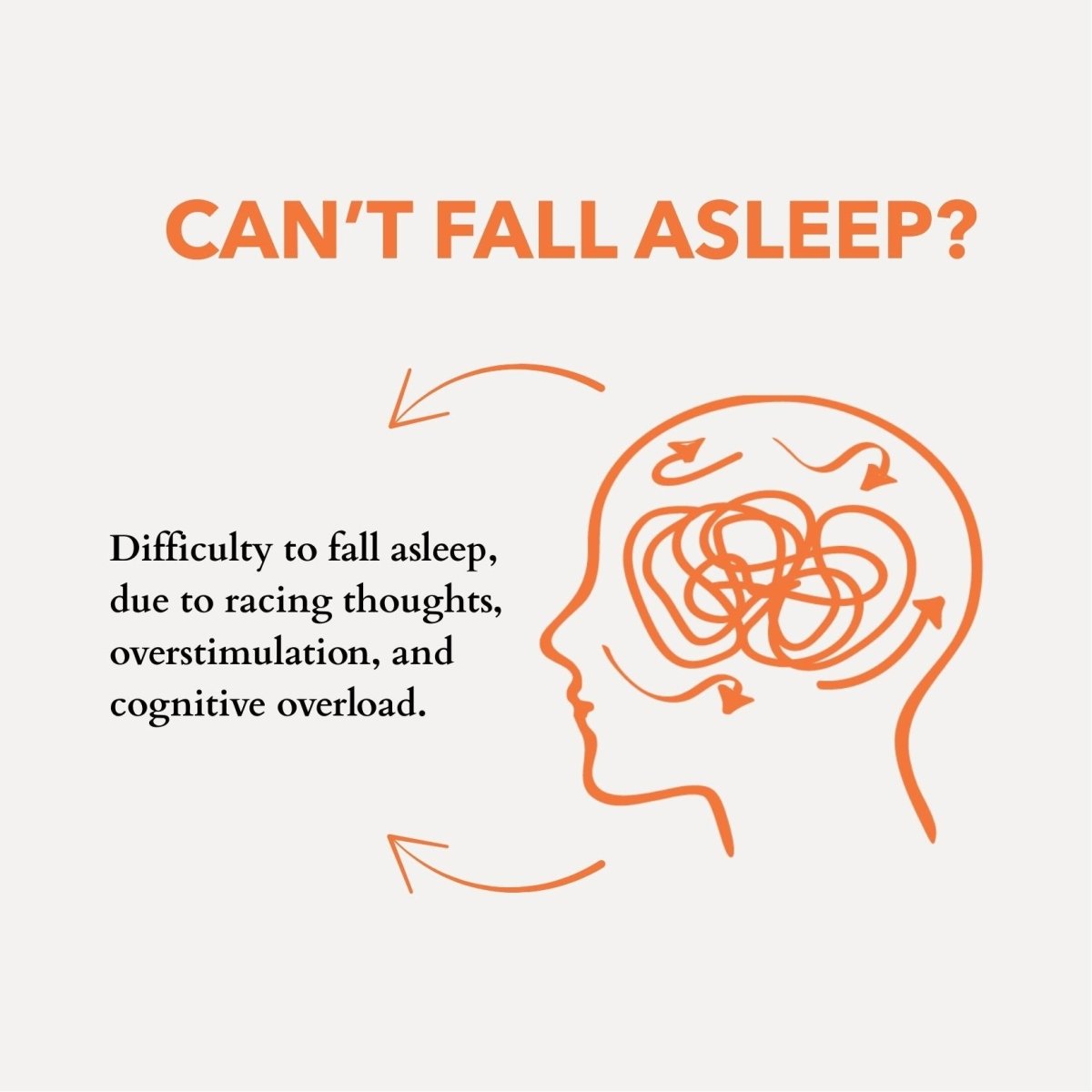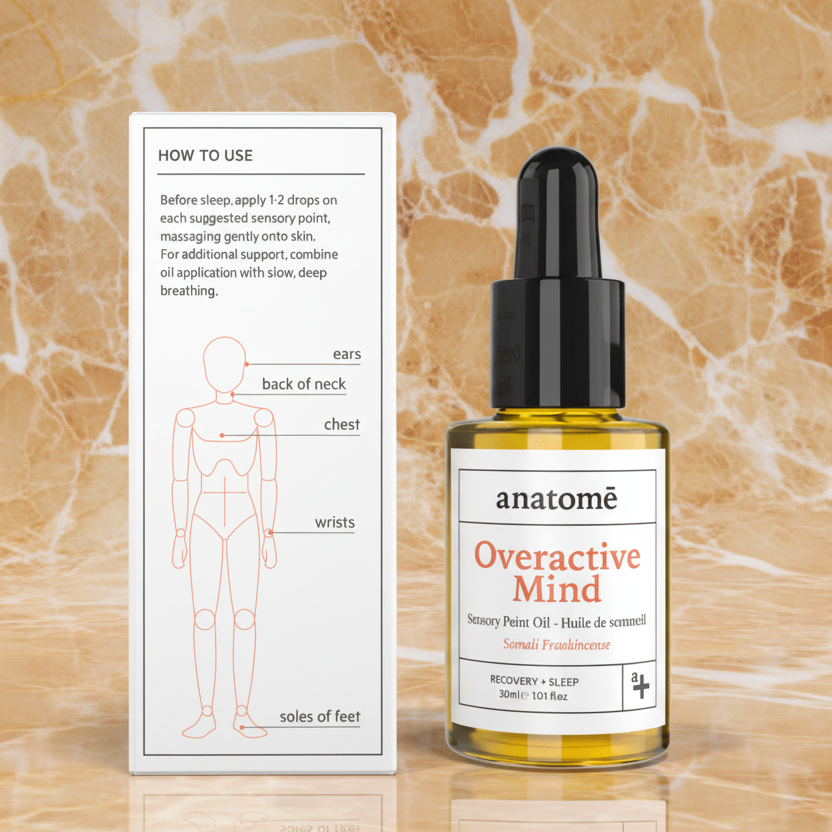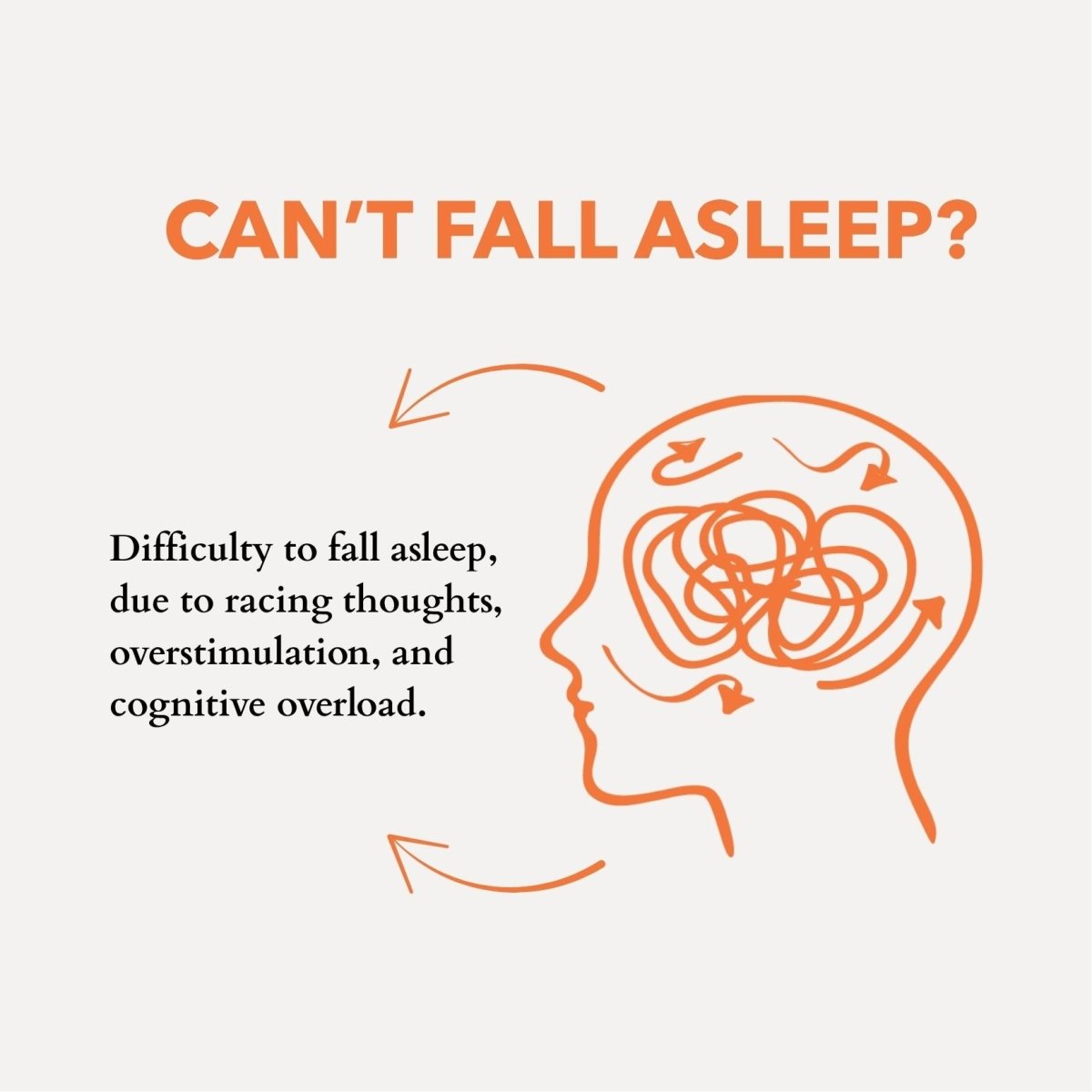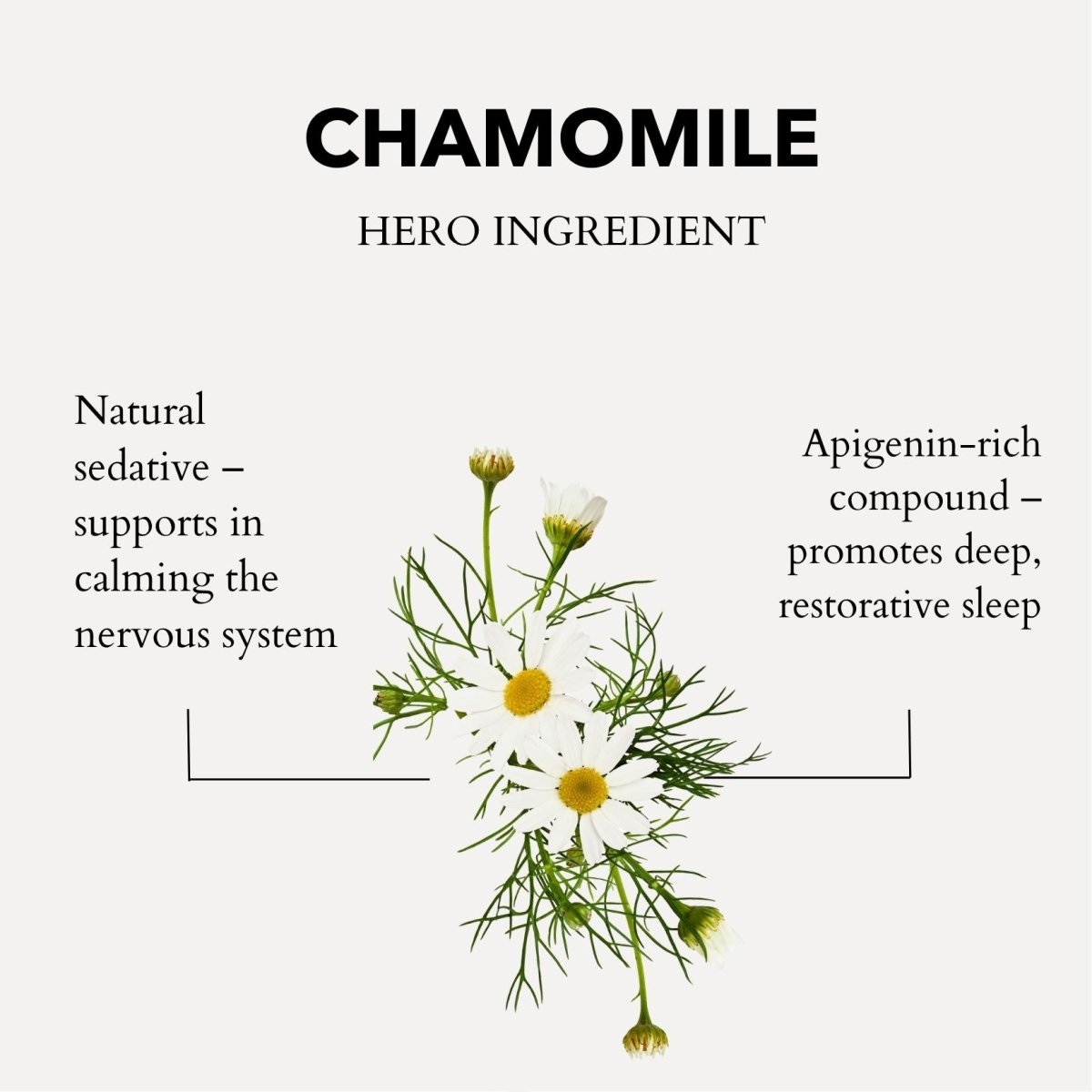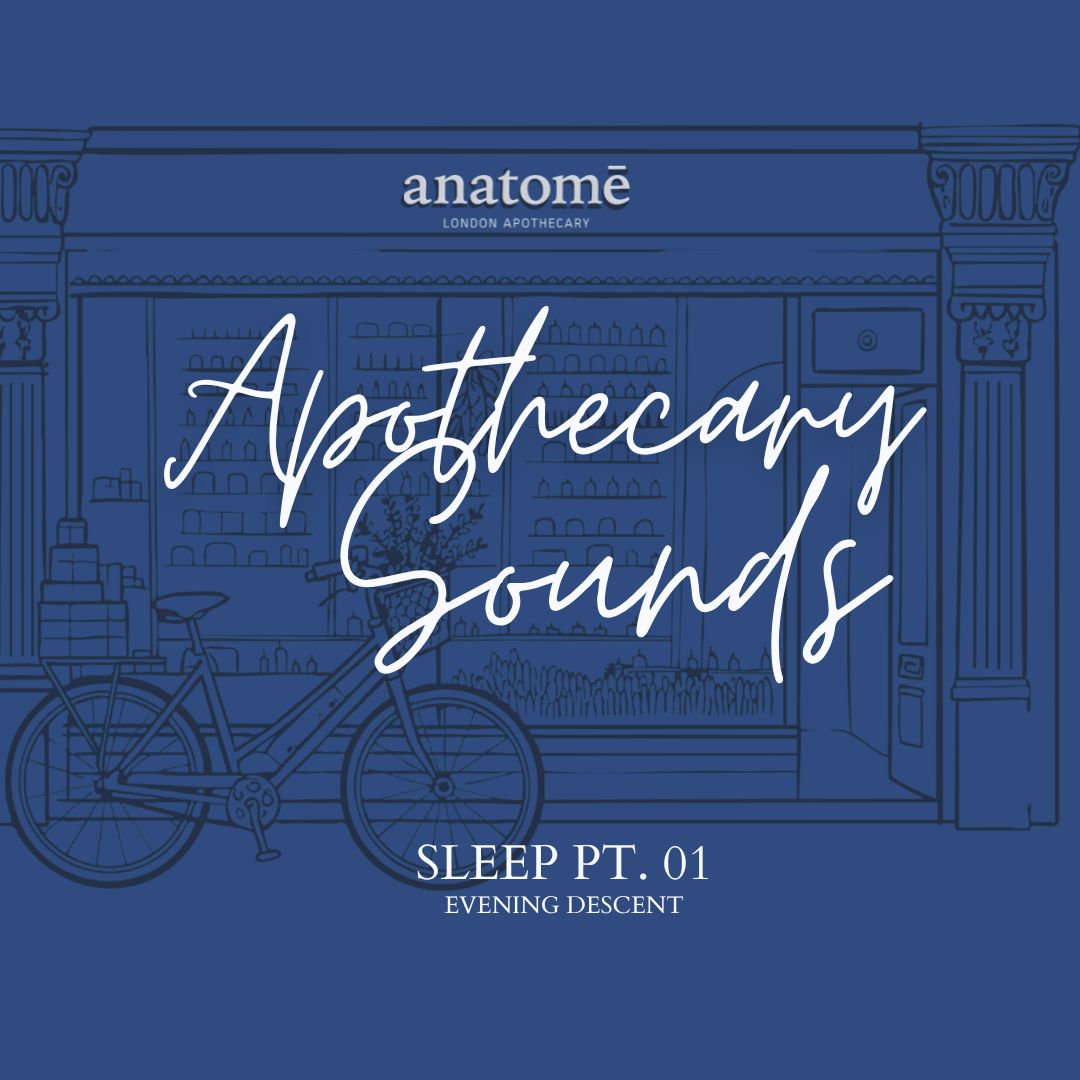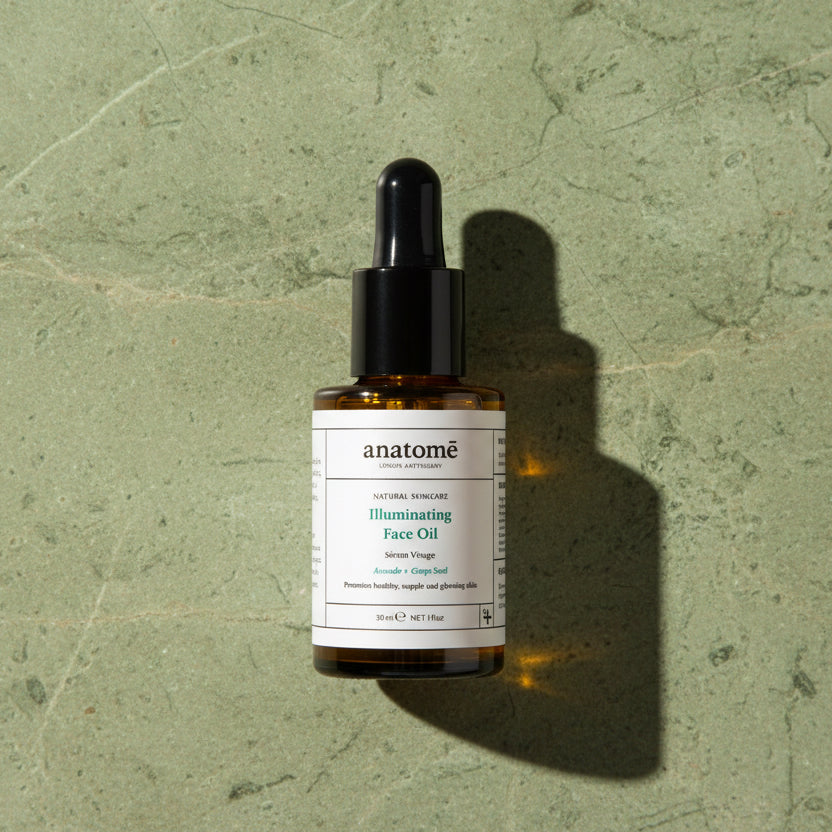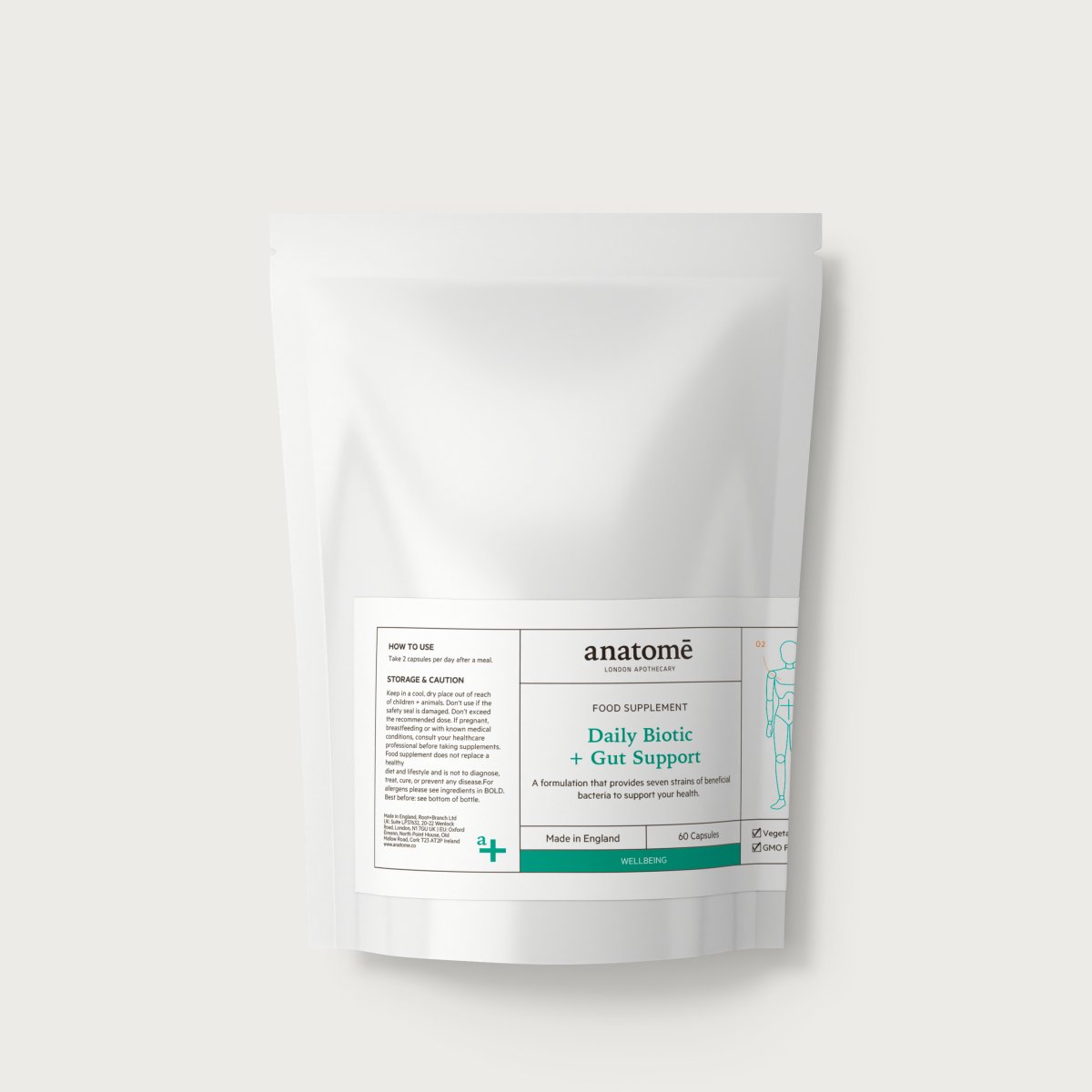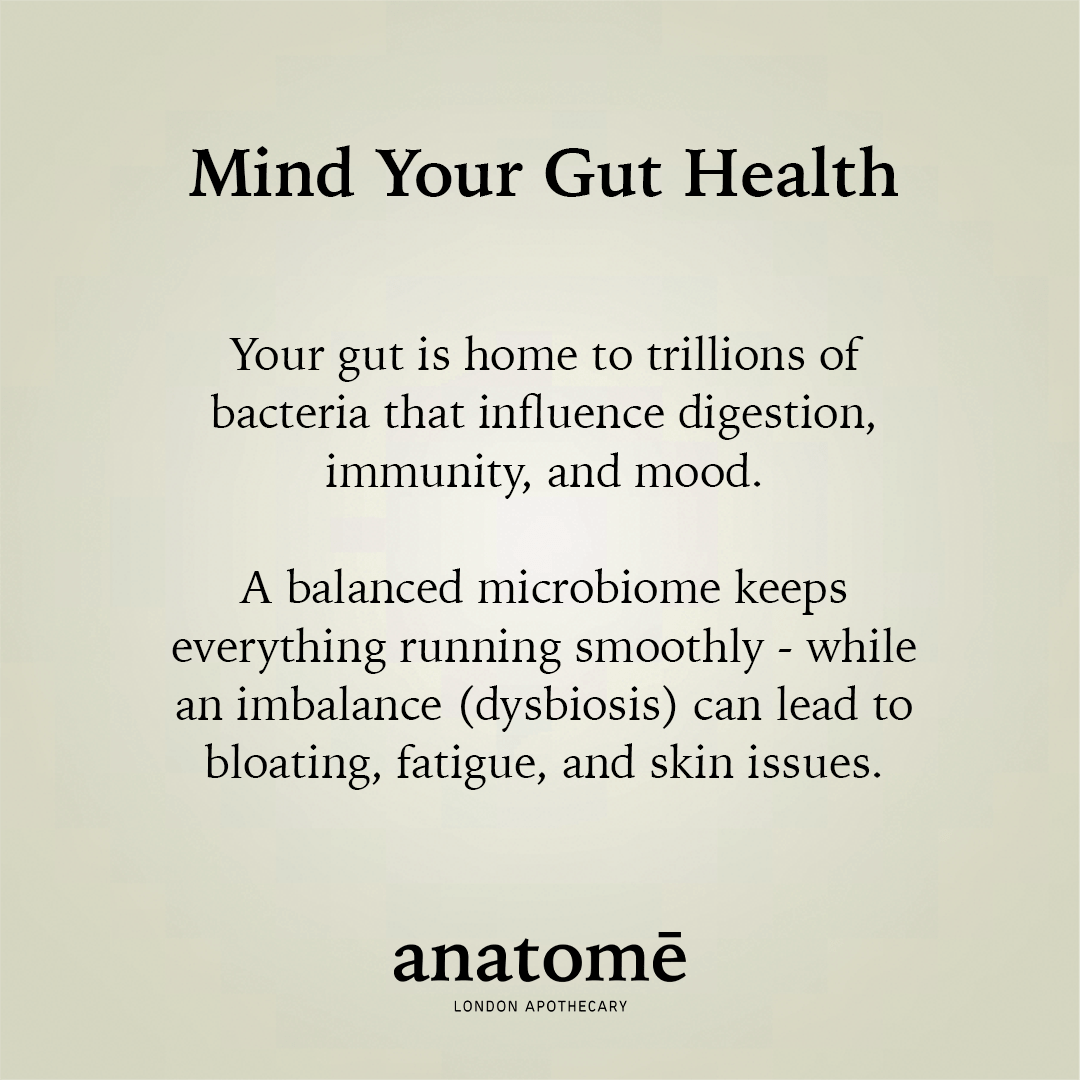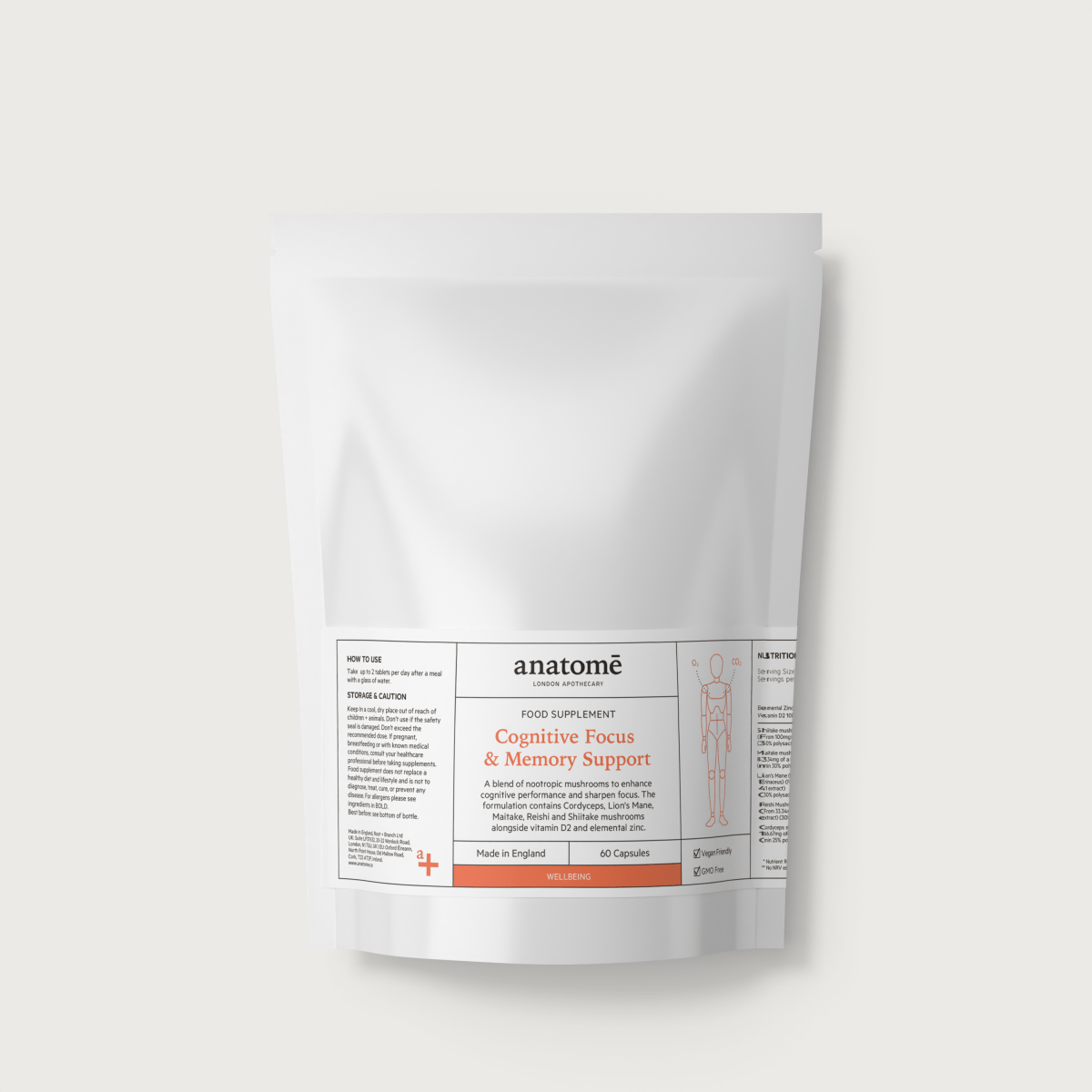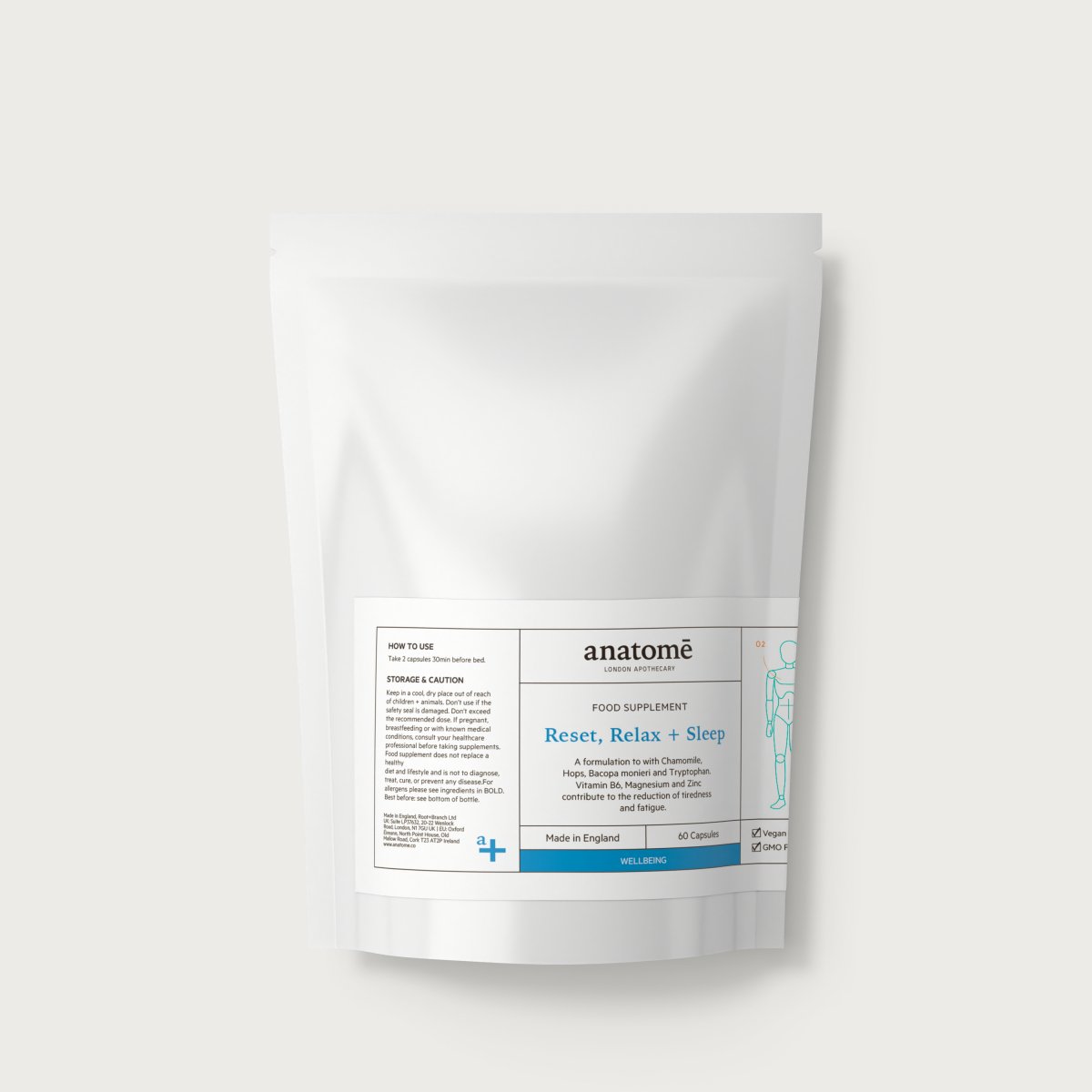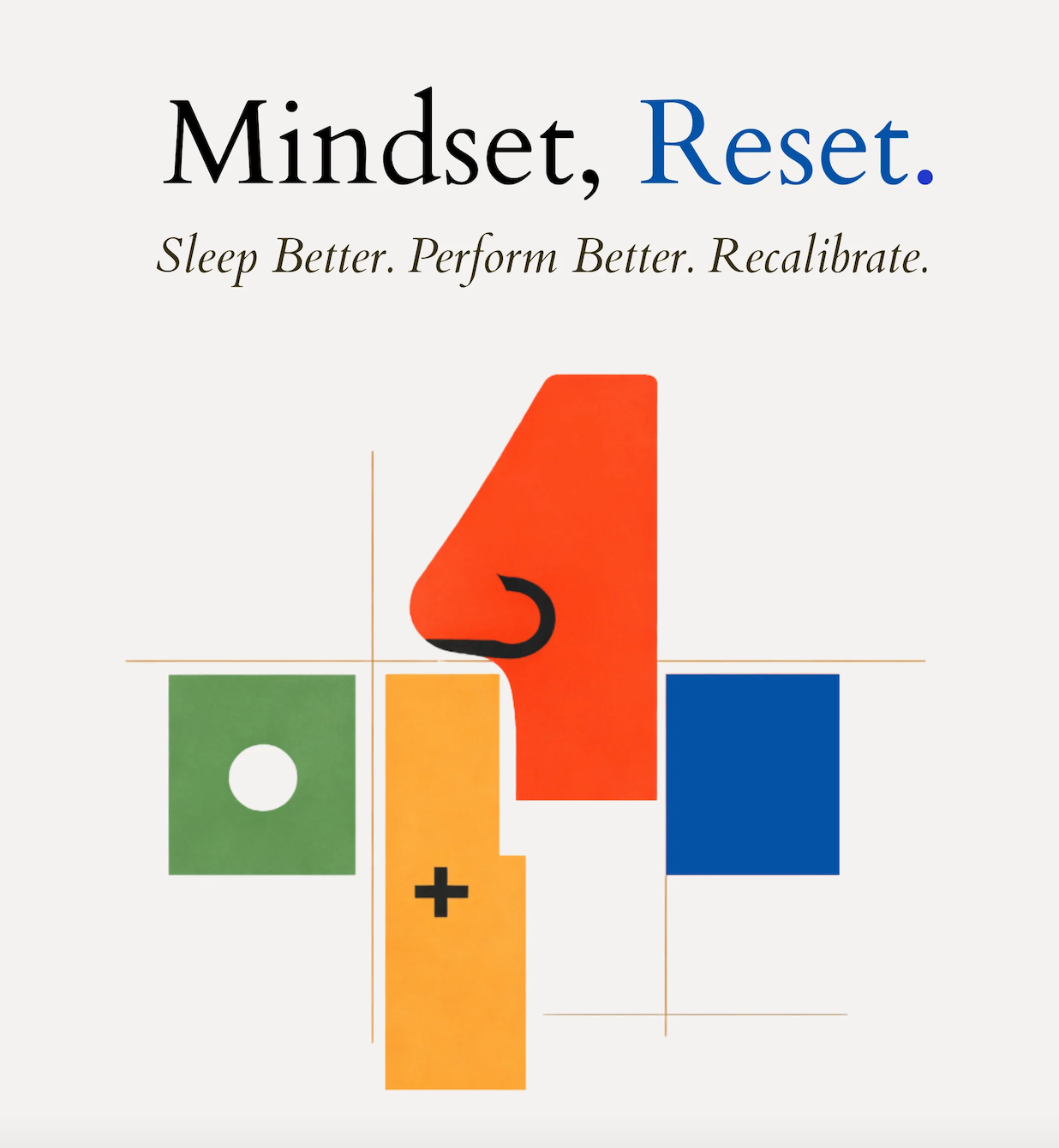We all know that exercise is good for us, but did you know that you can get good exercise whilst also getting your groove on? Dancing is an amazing way to get your cardio in and perk your mood up. Below we take a look at the science behind the benefits of dance, so you can feel extra good about taking the time to boogie.
Improves cardiovascular health
Any activity that gets your heart pumping is good for it and dancing certainly does that. Scientists have discovered that regular dancing is associated with a reduced risk of death from cardiovascular disease (1). Cardiovascular exercises like dancing can also help lower blood pressure, and keep your arteries clear by increasing your “good” cholesterol and lowering your “bad” cholesterol levels.
Improves balance and strength
Dancing requires a lot of coordination, both mentally and physically. As you continue to do it, your coordination, balance, and strength all improve. One study found that people over 80 who danced regularly had improved balance and mobility than people in their same age group who did not dance often (2). Additionally, dancing requires us to utilise muscles that we wouldn’t usually use and move our bodies in unique ways, increasing mobility and strength.

Boosts cognitive performance
It’s true! Dancing helps to improve your memory and cognitive performance skills. Studies have shown that the parts of the brain responsible for memory and detail orientated tasks, like planning or organising, are improved with exercises like dance (3). Plus, dancing requires you to exercise your brain as well, particularly with dances like tango, tap, and salsa. Memorising choreography often means learning changing movements and patterns and being able to adapt to a partner’s movements as well.
Helps boost your mood
We can all agree that dancing helps us feel great! Studies have found that dancing helps to decrease anxiety, increase self-esteem, and improve psychological well being (4). When most of us dance, our brain releases endorphins (the happy hormone) and decreases the levels of the stress hormone cortisol in our body, which helps us to feel better and leads to overall well being (5).
References:
- https://pubmed.ncbi.nlm.nih.gov/26944521/
- https://pubmed.ncbi.nlm.nih.gov/16913992/
- https://www.nia.nih.gov/news/moderate-physical-activity-linked-increases-metabolism-across-brain-regions
- https://journals.plos.org/plosone/article?id=10.1371/journal.pone.0122866#sec001
- https://www.ncbi.nlm.nih.gov/pmc/articles/PMC4179700/




